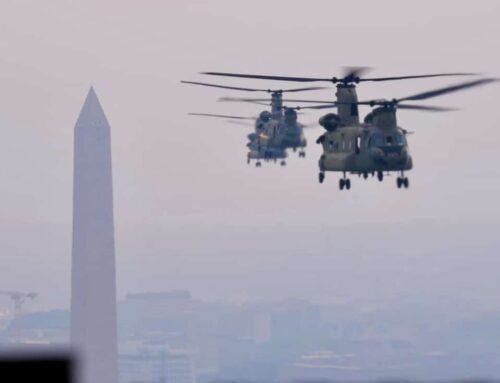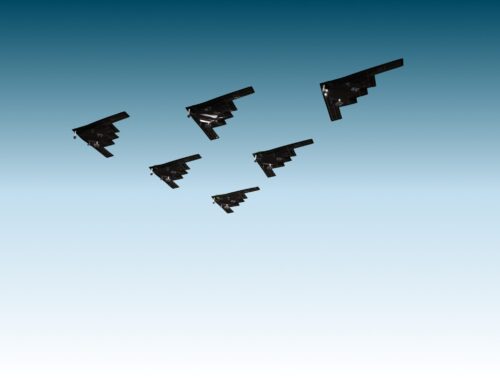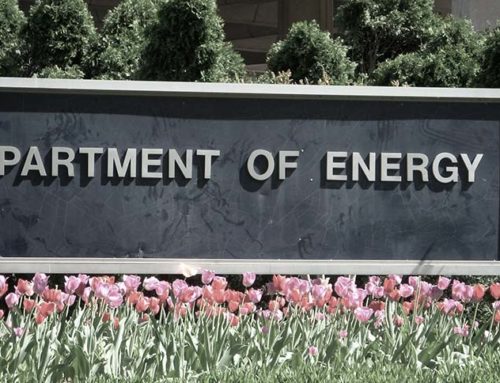A House committee recently voted to cut $1.8 billion that had been requested for a new fighter that critics say is over budget, under tested and unneeded.
The president requested the funds for the construction of the first six planes of the Lockheed Martin F-22 “stealth” fighter. But the House Appropriations defense subcommittee, led by Chairman Jerry Lewis (R-CA) and Ranking Member John Murtha (D-PA), chose to redirect funds from the F-22 program to proven air defense technology and to pilot salaries.
Though the Pentagon and Lockheed Martin Corp. cried foul about this decision, reasons for the cutback have been building for years.
Since the F-22's conception in 1981, the cost of the program has increased dramatically – skyrocketing from $68 million to $200 million per fighter – and is still rising.
Reports from the General Accounting Office (GAO) and the Congressional Budget Office (CBO) have found that Lockheed Martin's cost estimates for the F-22 program have been unrealistically low. Independent auditors recently found that Lockheed Martin Corp. would go at least $9 billion over budget.
According to this year’s House defense appropriations Committee Report, the “affordability of the F-22 is questionable.” Lawmakers found it was unreasonable that the F-22 cost three times more than the plane it would replace (the F-15).
The GAO and the CBO also questioned the need for three major tactical fighter programs: the Air Force F-22, the Navy F/A-18 and the Joint Strike Fighter.
The F-22 is also inadequately tested. Originally the Air Force planned 1,400 hours of flight testing before awarding a contract to start initial production. But that threshold was reduced to only 183 hours due to delays in the delivery of the test aircraft.
The only flying prototype of the F-22 crashed in April 1992. The Air Force blamed the tragedy on the way the plane was operated. But the House recently found nearly a dozen manufacturing problems with the F-22 ranging from “anomalies in brakes” to “nagging fuel leaks.”
The House Appropriation defense subcommittee, and specifically Rep. Lewis and Rep. Murtha, should be commended for their efforts to save the taxpayers dollars. Still, some Senators and the Clinton Administration have vowed to nullify this cutback.
The Senate should follow the House's lead and agree to postpone production of more F-22s.










